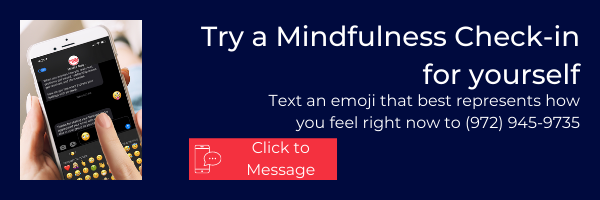Vulnerable: Psychological Safety
The term “vulnerability” has taken on a negative connotation. We tend to think of vulnerability meaning impervious to attack, or easily capable of being hurt. Even as I am sitting down to write this, an ad is playing, attempting to scare/warn me that my computer is dangerously vulnerable to cyber-attacks. Oh no! But being vulnerable can be good.
Listen to "Vulnerable: Psychological Safety" on Spreaker.
The underside of a dog is it’s most vulnerable area. For this reason they tend to keep it pointed to the ground where it’s easier to protect. But when they truly trust someone, they’ll lay on their back and expose their sensitive tummy, allowing us to give them a belly rub because who’s a good boy? You’re a good boy! Yes you are, you’re a good doggy!
A good boss is a lot like a good doggy, willing to be vulnerable around their employees. This isn’t always easy, because while sometimes the employees will give their boss a good tummy rub - okay, time to drop this metaphor - but sometimes the workers will point out mistakes or criticize their decisions. No one likes to hear criticism, but it is crucial to preserving the wellbeing of the company. Everyone is fallible, we all make mistakes, but when employees are too scared to point out their leader’s errors, trouble happens.
The most famous example of this is the story of the Emperor’s New Clothes. All of the Emperor’s counsel were more willing to let their king parade around the town completely naked rather than inform him that he had been scammed.
Most anyone can relate to working at a place where they did not feel psychologically safe enough to offer feedback to their boss. We’ve all had a job where on the first day someone told us, “just keep your head down and don’t make any waves and you’ll do just fine here”.
This type of work environment is poison to a company’s culture and ultimately, its bottom line. When employees do not feel free to be creative or - sorry for the clichè - “think outside the box”, innovation dies. According to Dr. Amy Edmondson, employees with this high performance pressure yet with this little psychological safety are operating in what she has deemed the Anxiety Zone. Employees are scared to try new things or even ask for help, and fear is one of the most contagious emotions. Eventually this paranoia and anxiety will spread though the workspace, and people will leave.
So how does a leader avoid creating a workforce of unhappy “yes men”? Unfortunately, it’s not up to the workers, (or employees who have to report to someone above them) it is up to the leaders of the company to create a workspace where coworkers can feel free to give each other feedback. Managers need to acknowledge the power dynamic, and recognize that employees might feel uncomfortable speaking up against the company. Granting anonymity is very helpful in discovering how employees really feel. Tools like Mindful Appy allow employees to express any discontent they may be feeling with the company without fear of retribution; management can then identify these issues and offer opportunities for them to voice their opinions. But most importantly, company leaders need to take the time to engage with their employees, make eye contact, ask them an open-ended question, and actively listen to their feedback. Everyone wins when an employee feels free to openly and honestly interact with their boss.
By Ky Benkoi,
Writer for Mindful Appy
Ky Benko is an Elementary School teacher/librarian currently residing in the Netherlands where he enjoys riding bikes and eating cheese
You can listen to and follow Feelings Matter on:



